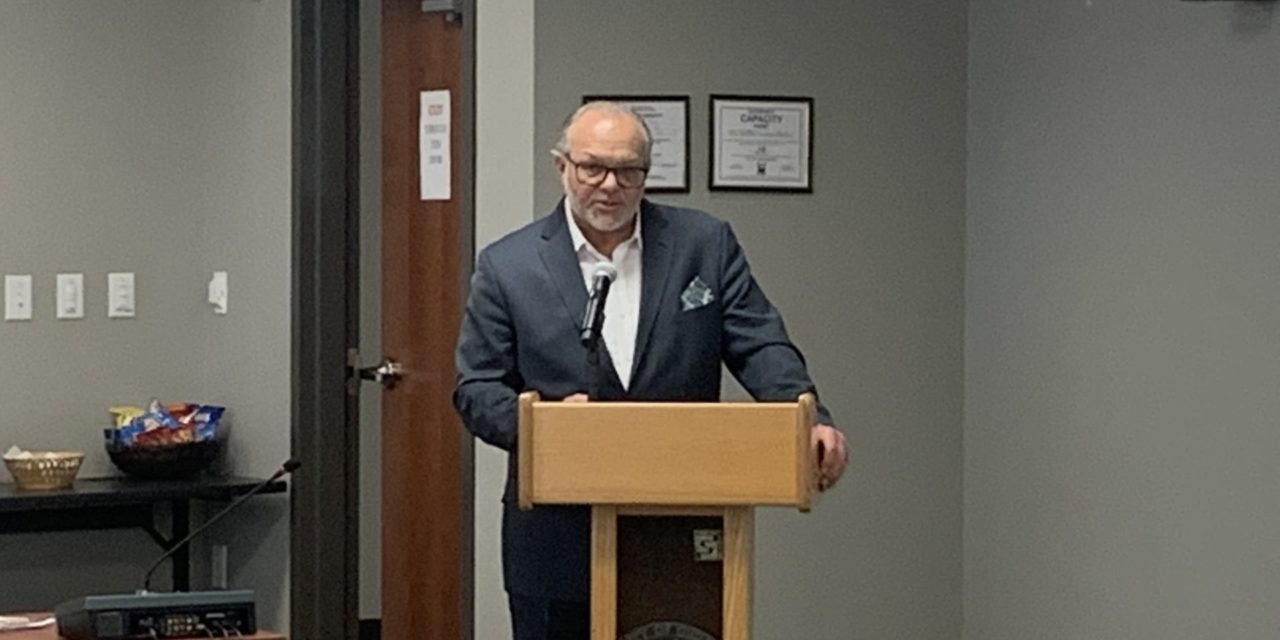Guilford County Tax Director Ben Chavis is asking Guilford County commissioners to attempt to convince state legislators to update a property tax collection statute that Chavis and others say is woefully outdated.
State law provides property tax discounts for property owners who have very low incomes and are at least 65 years old or disabled.
Chavis said recently that the income level in the statute defining low-income households hadn’t been changed in years. It has been stuck at $33,800, meaning that fewer and fewer households are aided by the law that gives people in dire straits a break on property taxes.
If owners are eligible for relief, the program knocks some value off the qualifying owner’s property value before a tax bill is calculated.
Chavis is asking the Guilford County Board of Commissioners to ask state legislators to increase the income threshold for the elderly and disabled – thus allowing more property owners to take advantage of the tax break.
To be eligible, a property owner must be at least 65 years of age or 100 percent permanently disabled as of Jan. 1 of the year of the application, and the gross income for a sole owner – or both an applicant and spouse – can’t exceed $33,800.
The current policy posted on the Guilford County Tax Department’s website states: “This program excludes from taxation the first $25,000 or up to 50 percent (whichever is greater) of your home value and one acre of land. Exclusion means some of the value of the primary residence will not be considered when your tax bill is created. Even if you do not qualify for the program in future years, the excluded value from prior years in which you did qualify does not become taxable.”
Chavis spoke on the matter at a Board of Commissioners retreat on Friday morning, Feb. 3.
In a written memo requesting the change, the tax director stated that a decade and a half of inflation had made the $33,800 threshold now on the books way too low.
“The income limits for qualifications have not been reevaluated since 2008, fifteen years, and have not kept pace with inflation and cost of living, resulting in an undue burden on our community’s elderly and disabled,” he argued.
Chavis said during a break at the Board of Commissioners retreat that it would make a lot more sense if the threshold were tied to a poverty index that updated yearly – one which took account of the annual inflation rate rather than remained stuck at the same income level year after year.


Once again Mr. Chavis is the adult in the room.
This would be a big help to lots of people although it won’t help enough. I think that tax equations should be based on net and not gross. As business owners, our net is far less than our gross meaning we don’t qualify for many programs that could help us otherwise and I’m sure there are others in the same situation.
Contrary to the statement attributed to Mr Chavis, the income limits have in fact been updated. The limits were $29,600 in 2018, $30,200 in 2019, $31,000 in 2020, and $31,500 in 2021. I support advocating for the elderly and disabled, but it should be done honestly.
Sounds to me the tax department is looking to the state for help easing a problem they have created. A 30 percent tax hike is difficult for most folks to navigate. The effect on the elderly will be more severe. I’m looking for how they will spin it when it comes to forcing some folks to sell. Irresponsible to the final degree
Oh, I have suggestions:
1: Stop giving the faithful free, forgiven mortgage “loans”, and apply the savings to a property tax reduction for everyone. Then we will have more ability to stay in our homes. You know, people who worked 40-50 years to pay off their mortgages and other debts so they could make it in their Senior years.
2: Stop looking to Chicago for taxation tips.